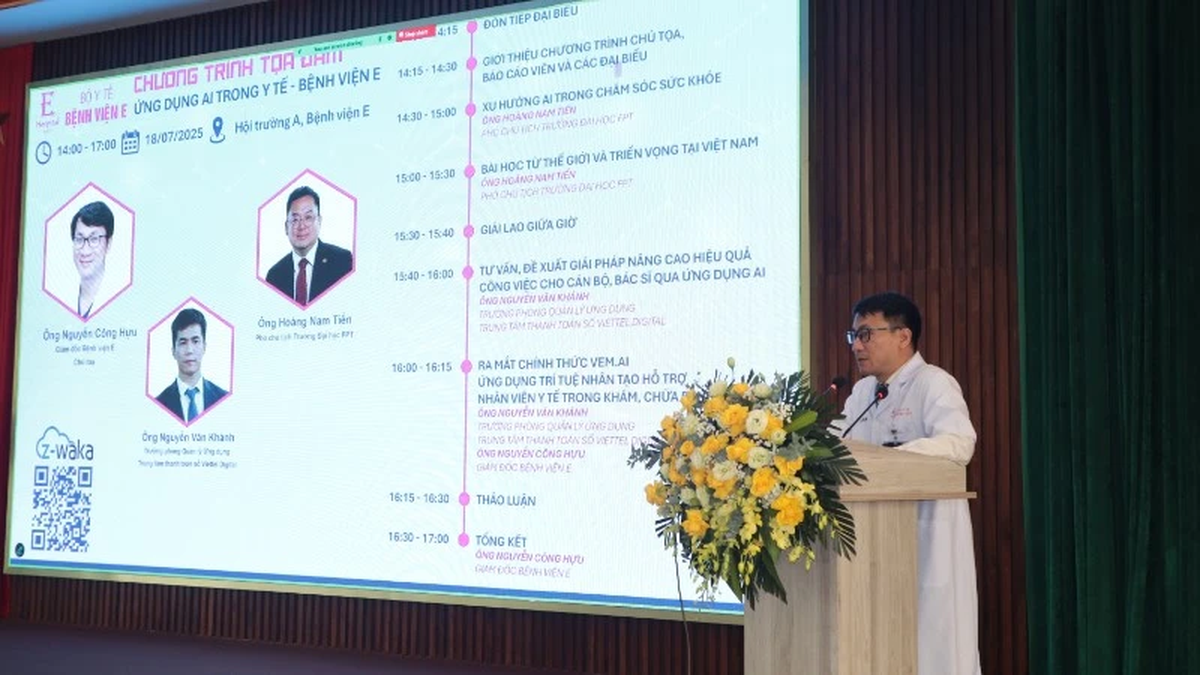A series of fake websites of major e-commerce platforms appeared
With the discovery of 72 more fake and fraudulent websites in January 2025, to date, the number of fake website addresses of agencies and organizations in the national anti-online fraud database is nearly 125,600 addresses.
Of the 72 newly discovered websites, 30 websites impersonate e-commerce platforms and e-commerce delivery service providers such as Amazon, eBay, Taobao, Shopee, Vietnam Post, Giao Hang Tiet Kiem, Giao Hang Nhanh; 16 websites impersonate major brands such as Facebook, Telegram, TikTok, VinGroup, Viettel , VNG; 15 websites impersonate websites of state agencies and organizations; and 11 websites impersonate banks and financial institutions.
The above fake websites are used by criminals to scam and cause damage to people in cyberspace, while seriously affecting the reputation and brand of the impersonated agencies, organizations and businesses.
Therefore, the authorities recommend that units, organizations and businesses proactively scan and detect fraudulent websites that impersonate their units in order to provide early warnings to users; thereby contributing to preventing fraudulent activities, ensuring information security for users, and at the same time protecting their own brand.
Online fraud is getting more sophisticated
Phishing attacks and online fraud continue to be identified by experts as one of the prominent cyber attack trends in Vietnam's cyberspace in 2025 as well as the next period.
It is predicted that the two main risks that users will face in the near future are malware that monitors and steals information and online scams. Specifically, the forms of scams will constantly change; there are very sophisticated forms but there are also very simple forms that many people still fall for.
Cybersecurity experts say that fake attacks and online scams often target people who do not have much experience or understanding of digital platforms. Taking advantage of this, scammers can easily use images and technology to impersonate friends and relatives in order to steal large sums of money from victims.
Digital transformation creates a new habit for users to install a lot of software on their phones and computers. Many malicious software with malicious codes will be mixed into application stores, making the possibility of users' devices being controlled, tracked, and having their information stolen increasingly high.
In addition, hot development software will always have security holes, hackers can use these holes to penetrate and control users' devices remotely.
Meanwhile, new technology is the tool that helps criminals easily commit crimes, but the danger of these scams is that they exploit people's psychology, lack of skills and greed.
In that context, experts recommend that users need to equip and update anti-virus and security software for computers and mobile phones; use strong passwords, which combine uppercase, lowercase, numbers and special characters; enable multi-factor authentication to enhance security for important accounts such as banks, emails, and social networking accounts.
Users are also advised not to use the same password for multiple accounts; do not click on strange links, especially in emails or messages of unknown origin; check the origin of applications before downloading, and only download applications from official stores such as: App Store, Google Play or the official website of the product provider; limit the use of public wifi for important transactions such as money transfers, account login.
Source: https://kinhtedothi.vn/them-72-website-gia-mao-thuong-hieu-duoc-phat-tan-tren-mang.html




























































































![[Infographic] In 2025, 47 products will achieve national OCOP](https://vphoto.vietnam.vn/thumb/402x226/vietnam/resource/IMAGE/2025/7/16/5d672398b0744db3ab920e05db8e5b7d)





Comment (0)